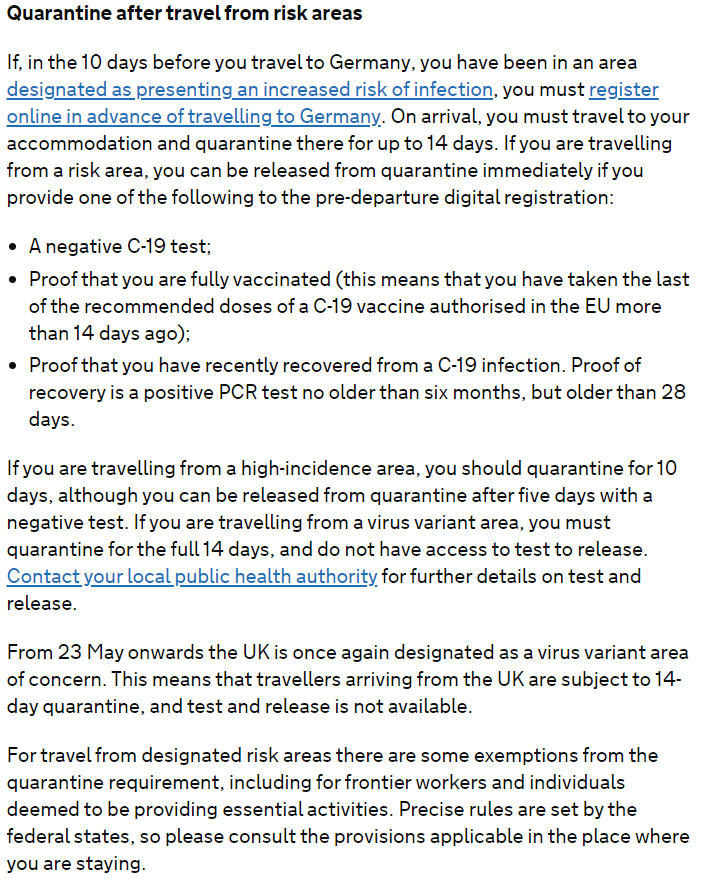
I keep seeing articles commenting on whether we are entering a new "wave" of Covid-19.
I don't think there is any clear, official definition of a "wave". It's simply a description of what you see on a graph of [something] over time.
1/8
I don't think there is any clear, official definition of a "wave". It's simply a description of what you see on a graph of [something] over time.
1/8
I'm not sure how useful the concept of "another wave of Covid-19" is, now.
2/8
2/8
Before saying there is a "wave", you need to be clear: what is it a wave of? (What is the y axis measuring?)
It may seem obvious, but is it? What are we concerned most about? Deaths? Overwhelming the health service, in which case it might be hospital or ICU admissions?
3/8
It may seem obvious, but is it? What are we concerned most about? Deaths? Overwhelming the health service, in which case it might be hospital or ICU admissions?
3/8
Or cases?
It used to be that a proportion of all cases would be hospitalised, and a smaller proportion would die; and the proportions were higher with increasing age.
It still is the case; but vaccination has affected it.
4/8
It used to be that a proportion of all cases would be hospitalised, and a smaller proportion would die; and the proportions were higher with increasing age.
It still is the case; but vaccination has affected it.
4/8
As we have vaccinated so many older and more vulnerable people, the proportion who get symptoms, significantly ill, require hospitalisation or critical care, or who die have shrunk.
5/8
5/8
So we could have another distinct "wave" of infections without having a very significant wave of hospitalisations or deaths.
6/8
6/8
So, if you read an article about the likelihood that we are about to experience or already in another "wave", ask yourself what the person using the expression means.
7/8
7/8
And if you refer to eg "another wave of Covid-19" yourself, make sure your listener's understanding of the term is the same as your own.
8/8
8/8
@DavidCloke @threadreaderapp unroll
You can find a threaderapp version of this thread at threadreaderapp.com/thread/1399709…, and a slightly tidied-up version as a blogpost at peterenglish.blogspot.com/2021/06/what-i…
• • •
Missing some Tweet in this thread? You can try to
force a refresh




